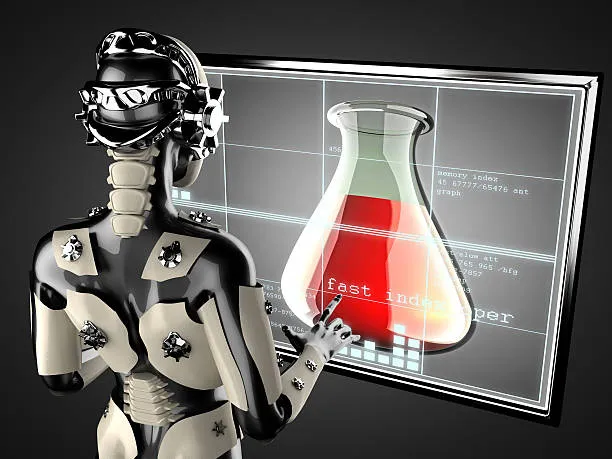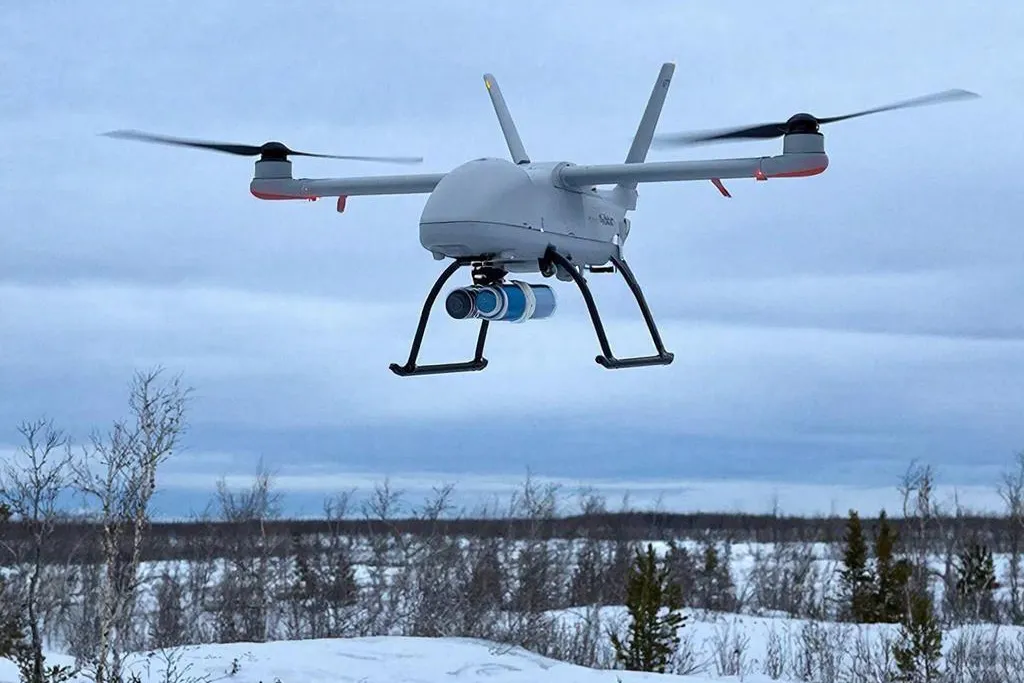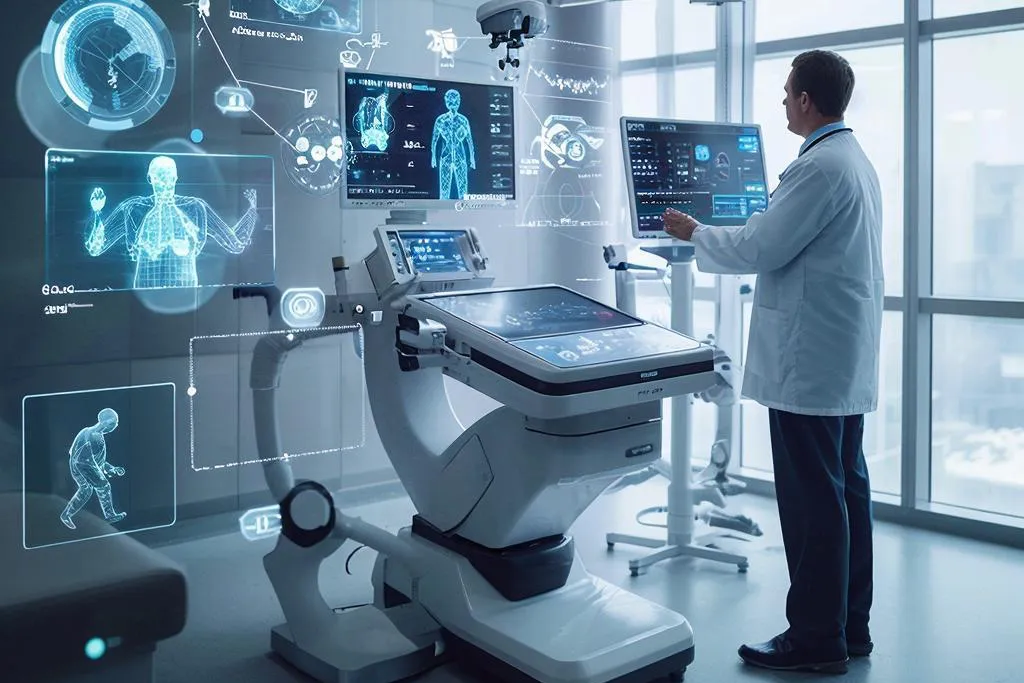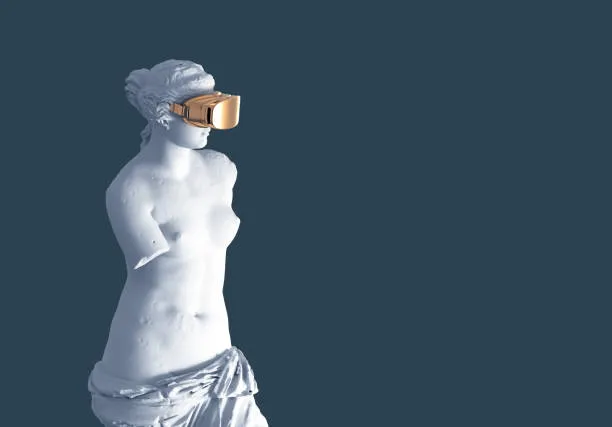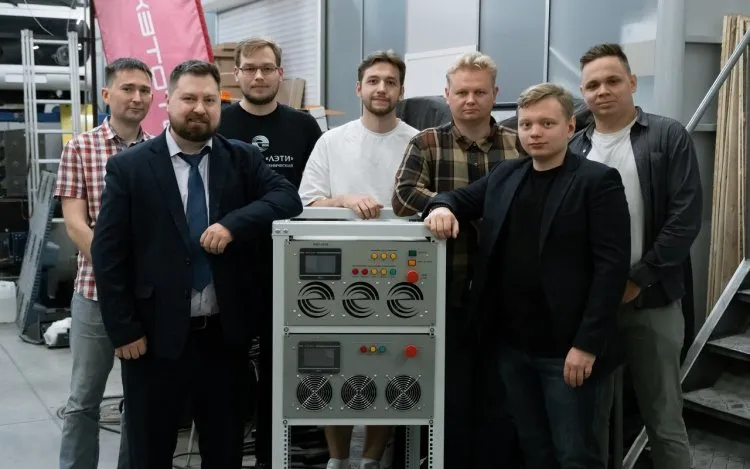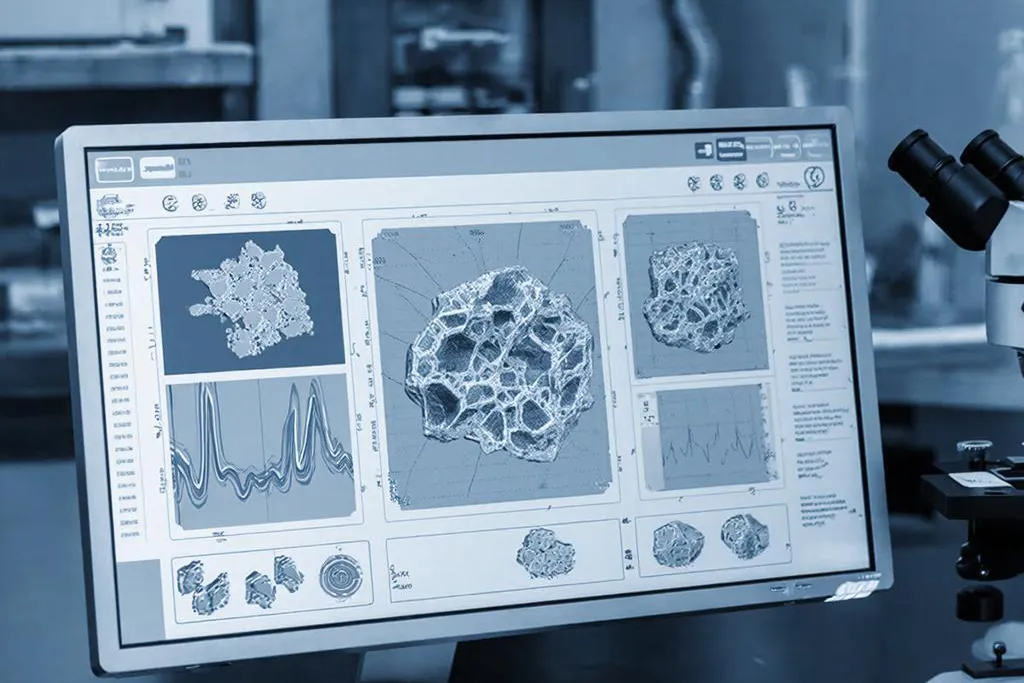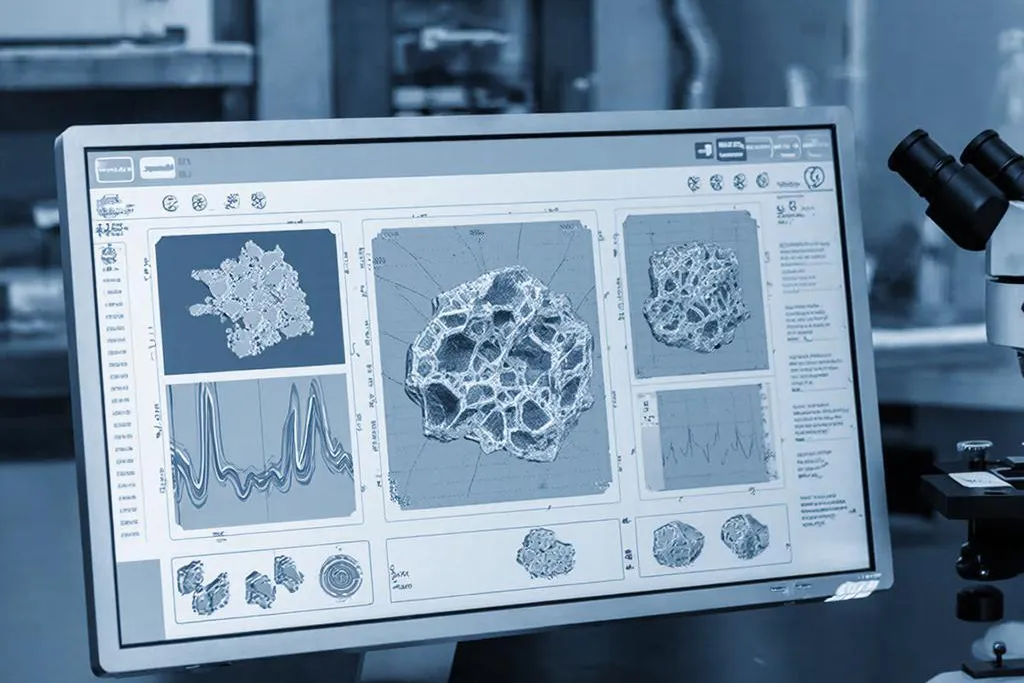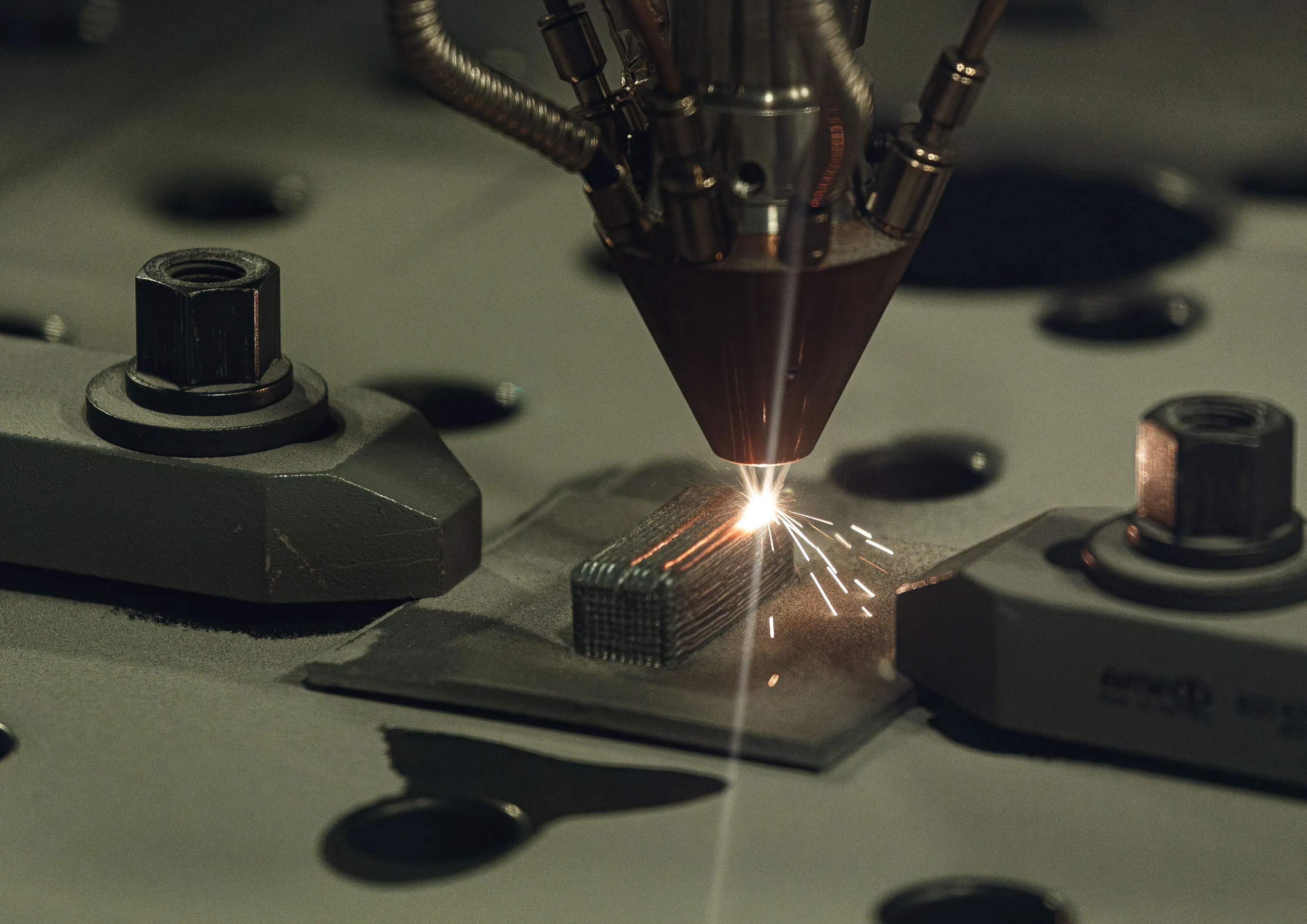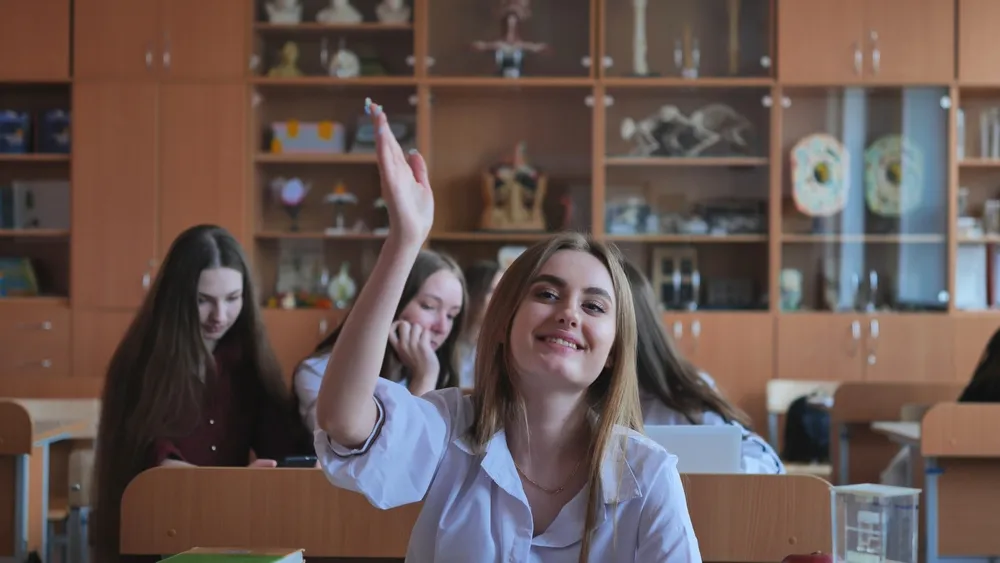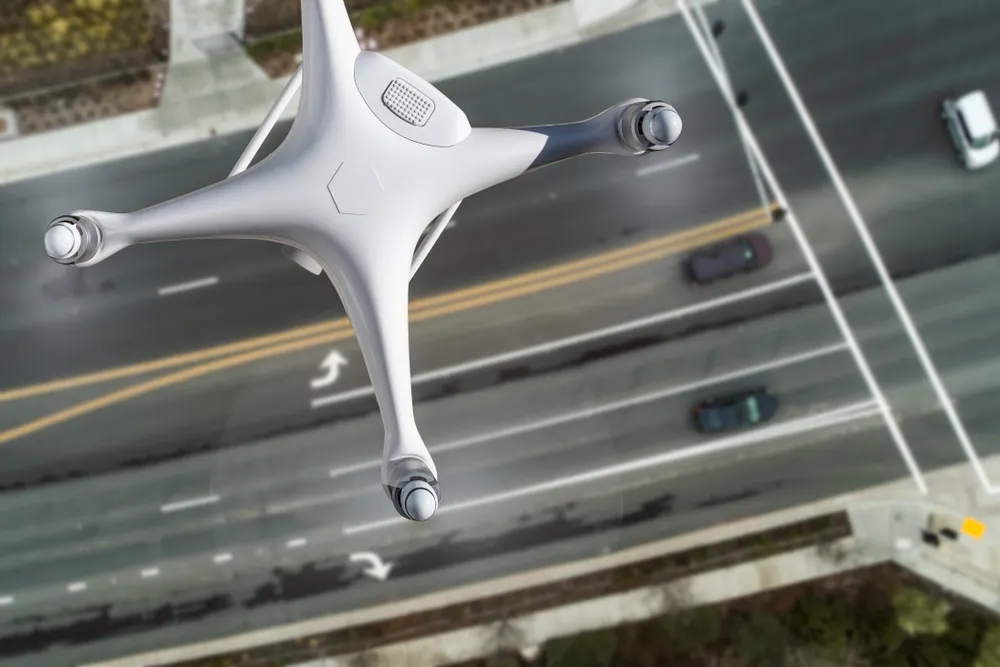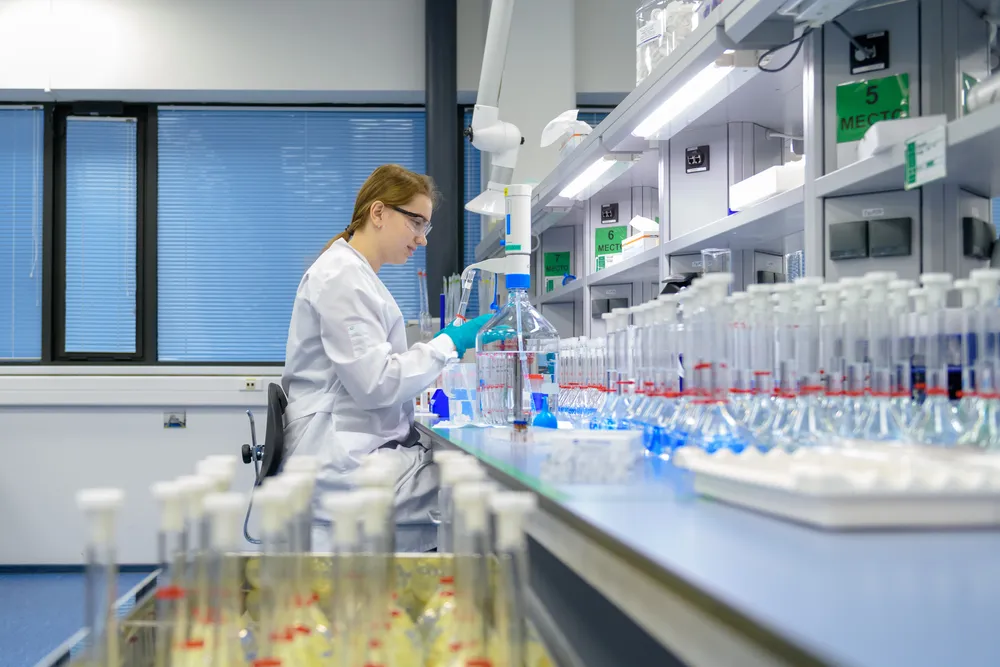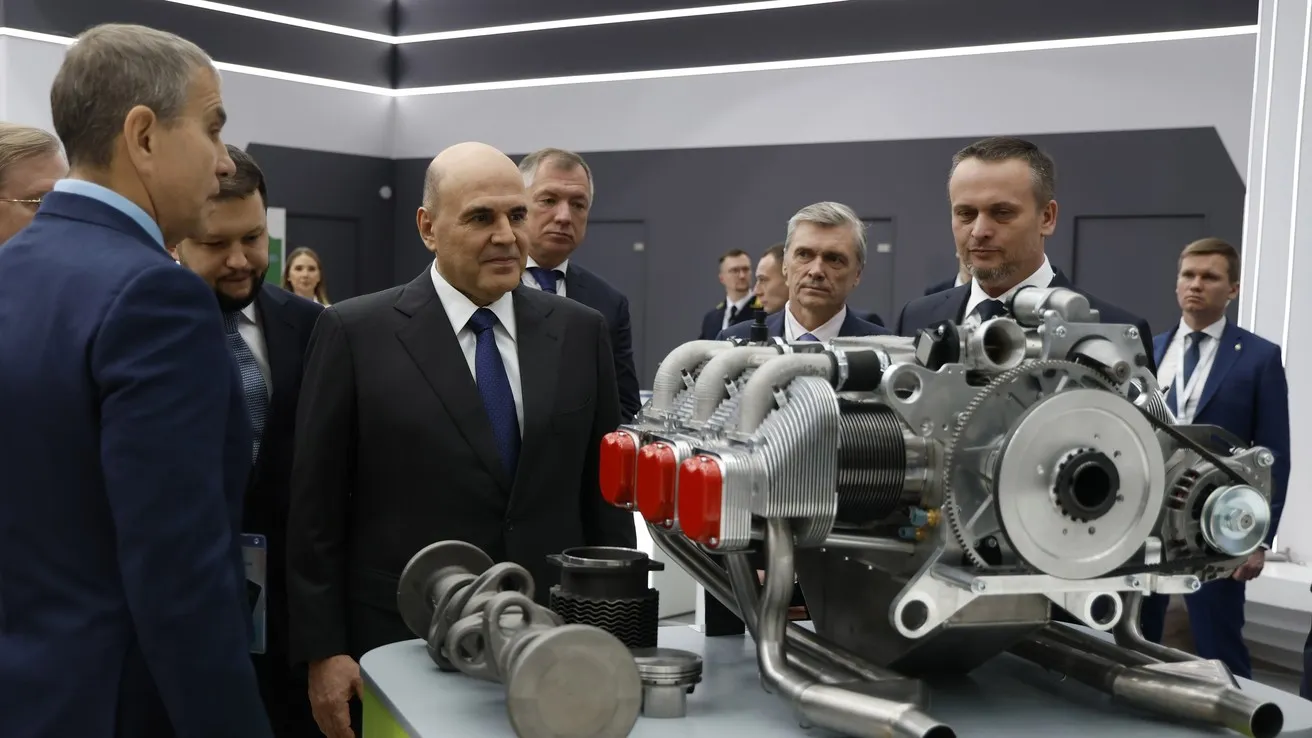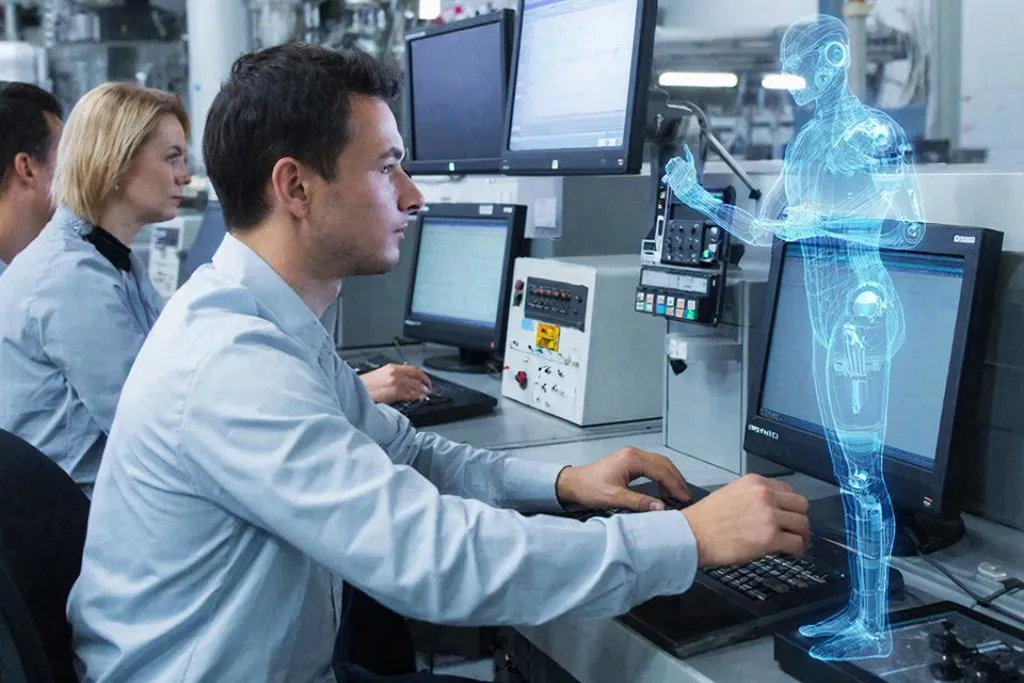A Neural Network Will Assist in Diagnosing Rare Diseases in Russia
A new neural network developed in Sevastopol aims to improve diagnostics for rare cancers by combining medical imaging analysis with technologies originally designed for underwater robotic vision.
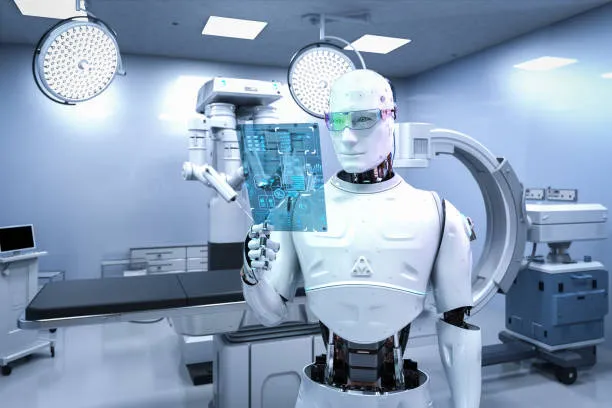
Neural Network to Enhance Medical Imaging for Rare Diseases
Researchers at Sevastopol State University are developing a neural network system designed to assist in diagnosing rare forms of oncology, including adrenal cancer. The project is being carried out by the Department of Artificial Intelligence and Autonomous Control Systems in cooperation with the Laboratory of Robotics and Intelligent Control Systems. The new system aims to increase diagnostic accuracy in cases where available data is limited and access to real medical images is constrained.
Generative Models to Augment Tomography Data
A key innovation in the project is the use of GAN-based generative models. These algorithms can create synthetic images that do not exist in reality but closely resemble authentic MRI or CT scans. This approach compensates for the scarcity of real medical data by allowing the neural network to “generate” additional training examples based on predefined parameters.
The synthesized images are then used to train CNN (convolutional neural network) models, which excel at recognizing shapes, contours, and subtle features in images. With a larger and more varied training dataset, the models become better at identifying signs of disease in real scans. This combination of neural network techniques increases diagnostic precision and improves the reliability of pathology detection.
Professor Vadim Kramar notes that the system helps reduce the influence of human error in diagnosis. While physicians may become fatigued or overlook small details, the neural network rapidly processes large volumes of images and highlights those requiring special attention.
Underwater Vision Meets Medical AI
Adding further scientific interest, part of the system’s architecture incorporates methods from underwater robotic vision — one of the university’s established research areas. After development is completed, the model is expected to be made publicly available for professional use, with accompanying documentation registered through the appropriate channels.
Modern AI technologies significantly improve the accuracy of diagnostics, particularly in rare diseases where a correct decision carries exceptional importance. The time may soon come when rare illnesses have no chance of going undetected.



